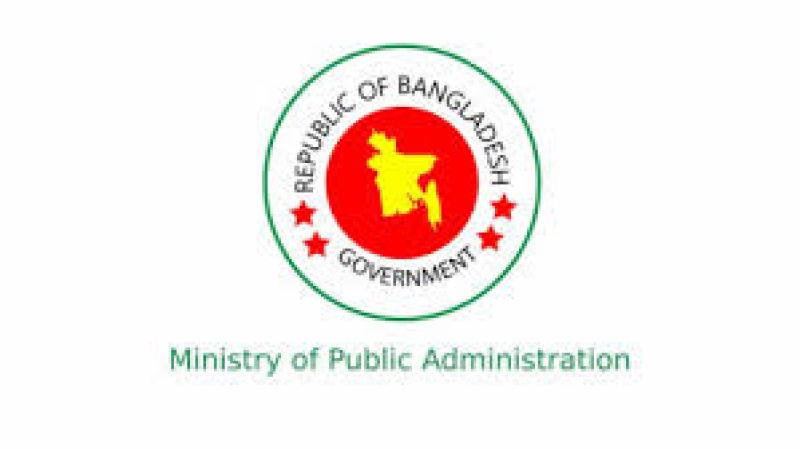- Bangladesh Gets Record $32.8bn Remittance in 2025 Year |
- Ctg Port’s historic milestone in 2025 container handling, revenue |
- NBR Probes Bank Records of 100 Exporters Over Bond Abuse |
- Hadi murder case: Sanjay, Faisal give ‘confessional’ statements |
- Islami Bank organizes orientation for 1000 Trainee Assistant officers |
Dhaka Launches New Initiatives to Boost Rural Employment

In a bid to revitalize rural economies and create job opportunities, the Interim Government has unveiled a series of new development projects designed to inject fresh capital into rural areas. Simultaneously, the administration plans to amend and enhance existing projects initiated by the former Awami League government.
Recognizing the urgent need to stimulate economic activity in rural regions, where job opportunities have dwindled, the government is taking decisive action. “There’s a significant shortage of employment in these areas,” said Planning Adviser Dr. Wahiduddin Mahmud during a recent briefing following an Executive Committee of the National Economic Council (ECNEC) meeting. He emphasized the necessity of accelerating economic activities to create jobs.
Dr. Wahiduddin highlighted the dual approach of introducing new projects while advancing ongoing initiatives. “New projects should be launched promptly, and existing ones must be refined and moved forward,” he stated.
The previous Awami League-led National Economic Council (NEC) had approved an Annual Development Programme (ADP) for the 2024-2025 fiscal year, totaling Tk 265,000 crore. This budget encompasses 1,321 projects, including 1,133 investment projects, 21 survey projects, 87 technical assistance projects, and 80 initiatives from autonomous bodies and corporations.
The sectors receiving the most significant allocations from the ADP include transport and communication, with Tk 70,687.75 crore (26.67%), followed by power and energy at Tk 40,752 crore (15.38%), and education with Tk 31,529 crore (11.36%). In total, the top ten sectors account for Tk 242,093 crore, representing 90.25% of the overall ADP budget.
Despite these development efforts, inflation remains a pressing concern. According to the Bangladesh Bureau of Statistics (BBS), the overall point-to-point inflation rate decreased to 9.92% in September from 10.49% in August 2024. Both food and non-food inflation saw declines, with food inflation falling from 11.36% to 10.40% and non-food inflation from 9.74% to 9.50% over the same period.
Rural areas experienced a notable reduction in inflation, dropping from 10.95% in August to 10.15% in September. Urban areas saw a similar trend, with inflation decreasing from 10.01% to 9.83%.
In response to inflationary pressures, Bangladesh Bank has raised its key policy rate (repo rate) by 50 basis points to 9.50%, aiming to control rising prices.
The interim government is also addressing the politically motivated nature of many previous development projects. As part of its strategy, it is amending ongoing initiatives, a process that has proven time-consuming. Sources from the Planning Commission indicate that the government is halting further allocations to projects considered unnecessary or low priority once they achieve self-sustainability. This effort is intended to streamline resources and ensure that development initiatives are both efficient and impactful.

